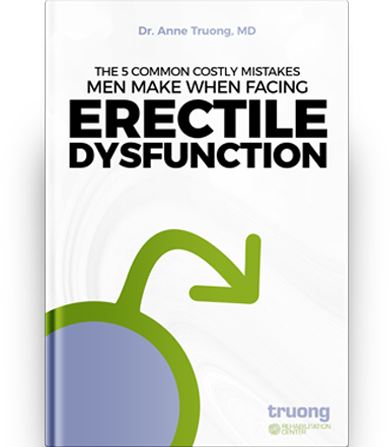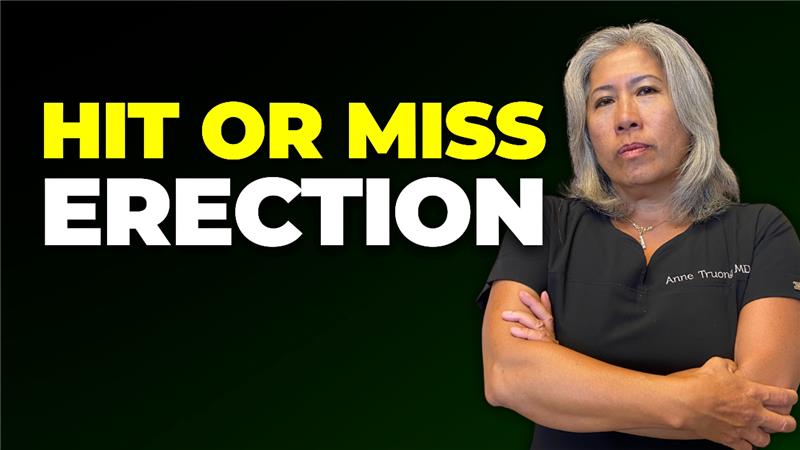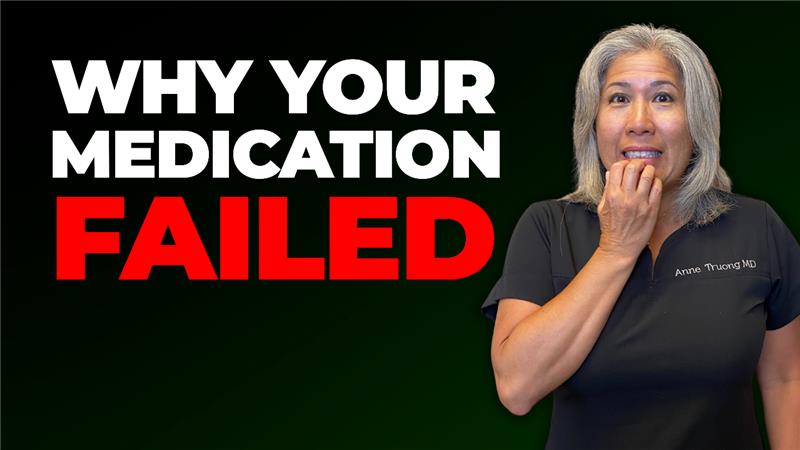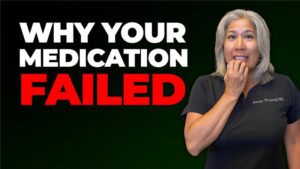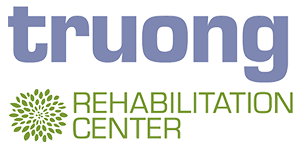Living with a high body mass index (BMI) remains a significant problem in the US. According to the National League of Cities, the estimated annual care costs of obesity-and overweight -related illness amount to 21% of annual medical spending, or $190.2 billion. Unfortunately, weight loss remains a goal out of reach for many, and even with diet and exercise, hormones may affect weight loss in unexpected ways.
What Is the Relationship Between Hormones and Weight Loss?
In those living with a higher BMI, hormones result in an abnormal appetite and excess energy intake, reports Medscape. The feedback mechanisms for stimulating hunger and cravings for high-calorie, low-nutritious food rely on hormones throughout the body. Additionally, hormones can encourage the body to conserve energy, resulting in less weight loss. In particular, the hormone, leptin, which is produced by fat cells, inhibits hunger, but some people may develop leptin resistance, reports Medical News Today. Meanwhile, other hormones, including melatonin and insulin, may lose their potency following a resistance of cells’ responsiveness to them.
What About When Someone Wishes to Lose Weight?
Take a moment to think about the lifestyle choices that accompany the decision to lose weight. People may pay more attention to their diets. Individuals may opt to spend more time exercising, but the body re-exerts the need for food and energy through hormones. When hormone levels fall outside of equilibrium, resulting in unforeseen changes, the best-laid plans for exercise and eating well can quickly go out the window. Unfortunately, weight gain is a major problem for those that wish to lose weight. At some point, the person loses the ability to stick with the diet or exercise regimen, and the hormones win.
How Can People Lower the Impact of Hormones on Weight Loss or Gain?
Thousands of hours of research have been devoted to the study of hormones and their impact on weight loss, but recent research, reports WebMD, has grown closer to finding a solution. While the report was originally published in 2004, a study released in 2017, published by the National Library of Medicine, found the use of adiponectin holds additional value in boosting weight loss. Using certain medications, such as thiazolidinediones (TZDs) or other antihyperglycemic agents—compounds that reduce the level of glucose within the blood serum—can lower the resistance to insulin and promote healthier body functions. Even inflammation can affect weight loss, rendering your weight loss measures nearly ineffective. The result is the same; weight loss becomes more achievable. In muscle tissue, the same mechanisms stimulate glucose uptake, improving energy levels and helping people feel less exhausted after exercise.
What Does It Mean for You?
Hormone diets are not a new concept. According to the Washington Post, more than 30 recent books explore the idea of hormone modification as a means to lose weight. With more than 60 different hormones responsible for long-term control and management of body health, any one small change may not have a huge impact. However, the research behind hormone diets is still far from complete, and there are plenty of testimonials and case studies where hormone-based diets have shown astonishing result. While working to improve hormones, whether through a medically supervised program or other weight loss intervention, it is still important to focus on a few other goals:
- Work toward your ideal weight; it is impractical to set goals that are well beyond achievable.
- Focus on diet quality, such as healthy, leafy greens and fewer concentrated sugars.
- Go to bed at a regular, scheduled time.
- Avoid unusual eating times, such as within two hours of bed.
- Reduce your intake of carbohydrate sources, but do not cut carbohydrates from the diet completely.
- Eat high-protein foods, such as beans, fish, legumes, and white meats.
Work With a Weight Loss Program Specialist to Understand How Your Hormones Affect Weight Loss.
While everyone wishes for the magic cure to weight loss, lasting, healthy weight loss is only possible through dedication and major changes to health. To stack the deck in your favor, always look for an accredited weight loss program that considers how hormones can affect your personal weight loss goals and aspirations. Visit Truong Rehab online to schedule such an appointment today.


